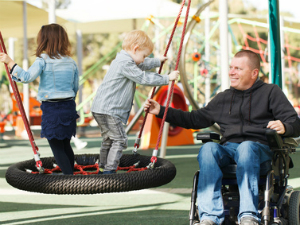3. Describe what you have learnt from discussing this CPD activity with a peer
This is an optional question. By answering it for at least one of your pieces of CPD, you will meet Social Work England's requirements to record one piece of CPD with a peer reflection during the registration year. You are expected to write at least 250 words.
Social Work England say: "Peer reflection means that you have discussed the content of your CPD activity with a peer, your manager or another professional.
This discussion can be informal or formal, and can take place in one to one or group settings. The role of the peer is not to approve your learning but to support and help you to think about how you can improve your practice. When discussing your CPD with a peer, you should talk about what you have learnt from doing the CPD and the positive impact the CPD activity has had (or will have) on your role, practice and the people you work with".
Read more guidance from the regulator about peer reflection here


 Knowledge and Practice Hubs
Knowledge and Practice Hubs 


